
When I think first of the month of June I am reminded of that song from the Rogers and Hammerstein musical Carousel, "June is Busting Out All Over".
Now I bring this up not to discuss Rodgers and Hammerstein per se but to talk about one of the most important matters in any discussion of the arts, that being artistic evaluation. Anybody can change one's mind about single artworks over historical time, both personal and impersonal. For much of my early adolescent and then young adult life I was far more impressed with Rodgers with Hart rather than Rodgers with Hammerstein. I even had a practically book length essay trying to prove why the latter team was better than the former, a book which sits in the same virtual drawer as my book on the superior virtues of comedy over drama.
Leaving aside any claims to objectivity, if you understand my sensibility, my love of certain kinds of music, my preference for representations of urban life over country life, and my love of lyrics that are not family oriented and emotionally straightforward, you can see why I wanted to say that Pal Joey was "greater" than Oklahoma or Carousel.
Later on, that is, more recently, I modified my position considerably. I warmed to Hammerstein and these later shows; I learned to not hate the 50s, or at least only hate them, and see some virtues therein.
You could say that Lorenz Hart was more sophisticated than Hammerstein (The late Bobby Short - with whom I was acquaintances, though not very close friends - seemed to agree with me. His albums are filled with many more Lorenz Hart songs).

But even to say this is actually wrong.
It's a question of very different styles reflecting very different but equally valid aspect of life.
When you experience John Raitt sing the song Soliloquy , this is a sentiment that expresses something that fathers might relate to, identify with: there is deep truth in its ostensible naive simplicity.
Of course part of that is John Raitt's musicianship as a singer too.
(Additional Versions to enjoy...)
It was watching 1950s musicals on the big screen, thanks to the extraordinary Harvard Film Archive, in particular, Seven Brides For Seven Brothers and The Harvey Girls, (that these are movies might be significant) that got me to truly appreciate these more epic, and you could say accessible, musicals
Now the view I had in my earlier life was not wrong; Rodgers created certain qualities in his composing with Hammerstein that were different from the ones he created with Hart. You cannot imagine the song "My Funny Valentine" in Oklahoma, and I previously thought, so much the worse for Oklahoma.
This podcast aims to do away with these kinds of evaluations and understandings, however.
Not the objective facts part; those qualities - songs sung in a rural town square versus songs sung in an urban nightclub, for example - define the musicals, but, rather, a certain evaluative conception. I will never love Oklahoma as much as Pal Joey; it is not possible for me.

But when I do see Oklahoma now I am moved deeply.
Moving to Carousel, thinking about the choreography and energy of this one song about June, if you think about it, is what art itself is all about.
Art is totally unreal. And it is utterly unreal that a group of people would break into song and dance about June in the midst of a narrative.
Yet that is precisely what is great about it.
Human beings may feel inside about June the way those people in the show do, though they may not outwardly express it. It is about Summer, I suppose, and much else. But it is remarkable to think that human beings created an art form where people act like that in front of an audience.
My attitude now is to marvel at it, rather than take it for granted, to see the strangeness or specialness of it as real and needing to be taken into account in any discussion of Carousel, or anything else for that matter. I am not part of sociological aspects of art very much. I learned about musicals from my parents, therefore, I approach musicals more in the manner of someone who had them inflicted upon me as a child. (My parents were into musicals and my father actually produced musicals, and, as an earlier post made explicit, I grew up seeing every musical that come to Broadway - from HAIR in 1969 all the way to SUNDAY IN THE PARK WITH GEORGE in the 80s.
But many times something that is introduced from the outside can be taken into the nervous system to use my admittedly peculiar way of expressing it. You are turned on to it.
Now some musicals, like Sunday , seem to me to achieve something of real greatness, above and beyond the category of musicals, or any other category for that matter. Yet I am sure that some do not look at Sunday In The Park with such praise or are unable to look at it in terms other than feelings about, say, the 1980s, or the history of the musical itself and so on.

When I was at Interlochen I had a long running argument with a girl who I could not get to love Sunday, which had just premiered then; neither could she get me to love Little Shop Of Horrors, which was for me a horror.
Yet to this day I cannot watch Steve Martin sing that song about being a dentist without loving its absurd hilarity and energy.
Of course I mention Sunday In The Park With George not only for its own merits, but because its composer, Stephen Sondheim, had been a student of Oscar Hammerstein. I have changed my mind tremendously about many works of art.
Usually the impetus is letting the artwork reach my nervous system in some way, whether a dent or full induction. I certainly changed my mind about Jasper Johns and Frank Stella and Mark Rothko, a change sometime in my early twenties.
When first I saw them I did not love them, though I had been a little boy. Suddenly as a young man I started to love them, and part of that was becoming very familiar with them. I remember vividly hanging out with the cast of a production of Wendy Wasserstein's The Sisters Rosensweig, mainly because I happened to be friends with the actress who was playing the sister named Gorgeous.
Since this was around 2005 or '06, it was around the time of Wasserstein's passing. The actor who played the Eastern European in the play confided in me that he felt the play was dated.
"This play is so 90s, all this stuff about the Berlin Wall coming down and the end of the Soviet satellite countries. It's dated." Since he was such a good actor, you would never have guessed from his performance that he would be so dismissive of the play. Now this is how many people do see things like plays - in a way that I would refer to by the term sociological. Interestingly, The Sisters Rosesweig will be continue to be performed, in part because the issues of Judaism and being a woman are, well, timeless.
Yet these too are sociological conceptions.
I wonder about people who can't fall into the feeling of people dancing or singing about things in the middle of a narration as they do in musicals, who consider it silly or unconvincing, just as there are people for whom such works of art are their life or livelihood. I should finish with an important note.
All of the material discussed here is subject to the vagaries of historical ideology and belief. I can easily imagine a world in which male performers find something objectionable in even doing the song "My Boy Bill", where the people of Oklahoma the state feel that Oklahoma the musical disrespects them as they are now, or is irrelevant, (in my imagined future) and well, Pal Joey freaks people out (even with Frank Sinatra, Kim Novak and Rita Hayworth, or perhaps precisely because of them. In these pages and on the podcast episodes I tend to emphasize praise rather than blame.
You might be interested to know that I actually dislike a whole host of art works that are beloved by often majorities of people, art works from many episodes including our own.
I don't like everything .
But when I do dislike something, perversely, I am able to make some kind of case for it, especially if the creator happens to be on my show.
A lot of of our feelings are feelings about a "given style" to use Susan Sontag's formulation, they are not as objective as we would like to think.

Although I have discussed musicals in this post, we could be talking about anything humans endeavor to make.
I hope that as you listen to the episodes you can keep in mind that as the host I come at all of these discussions with my own history and my own feelings and that these are as subject to change as they are subject to steadfast constancy.













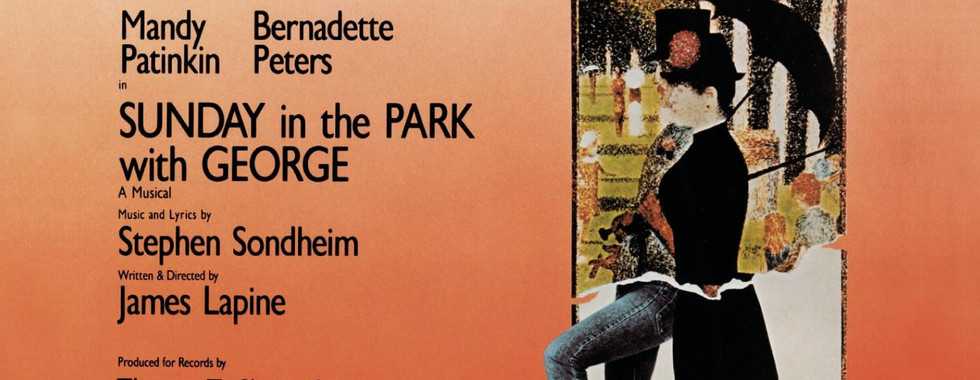
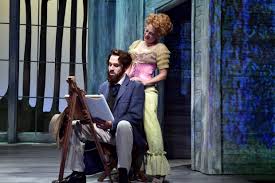






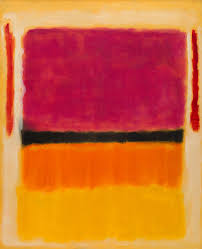
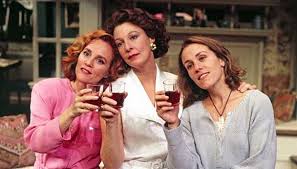

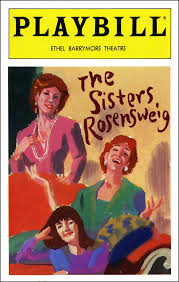
Comments